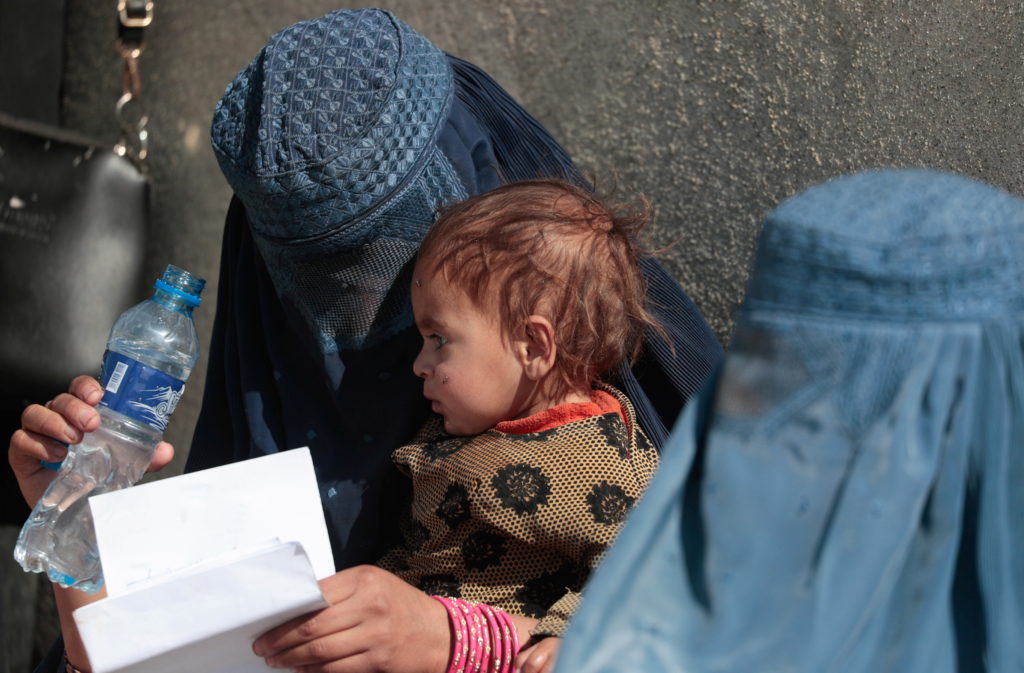Jane Ferguson:
What we’re seeing, Amna, is that some aid is coming in and being distributed to people, but it’s extremely complicated, and it’s patchy.
Don’t forget, this is a government now that is technically seen by the United States and various governments around the world as a terrorist organization. So, getting aid to civilians and avoiding giving any of it to the government is actually causing even more difficulty.
And on top of the dire economic collapse and the complex situation of getting aid into the country throughout in Afghanistan, that has massively impacted agriculture. Wheat production, the harvest of this year is down a third. Now, that, of course, is going to push up prices. And any authorities that exist in Afghanistan right now will be struggling to buy wheat from outside the country because many of their assets, $9.5 billion internationally, have been frozen.
So this will mean that there’s going to be a huge shortage of wheat, basically, bread that would have been keeping millions alive. Now the WFP says upwards of 14 million Afghans face starvation if they don’t get aid or jobs this winter.













































